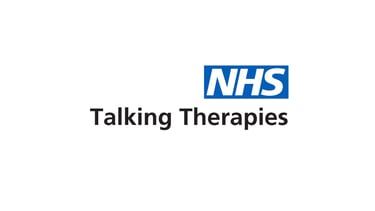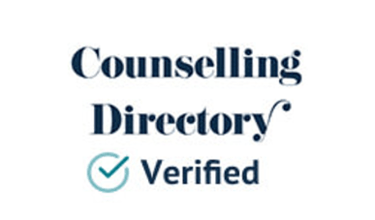How to Know When It’s Time to See a Therapist


How to Know When It’s Time to See a Therapist
Life has its ups and downs, and while we all experience stress, sadness, or anxiety from time to time, there are moments when professional support can make a real difference. Therapy isn’t just for crisis situations—it can be a valuable tool for personal growth, emotional resilience, and improving overall wellbeing. But how do you know when it’s time to see a therapist? Here are some key signs that therapy might be the right step for you.
1. You Feel Overwhelmed by Stress or Anxiety
Stress is a natural part of life, but when it starts to feel unmanageable, impacts your daily routine, or leads to physical symptoms like headaches, fatigue, or trouble sleeping, it may be time to seek professional help. A therapist can help you develop coping strategies, manage anxious thoughts, and build resilience.
2. Your Mood Has Been Low for a While
Feeling sad or down occasionally is normal, but if you’ve been experiencing persistent low mood, lack of motivation, or feelings of hopelessness, therapy can help. Depression can manifest in many ways, including irritability, social withdrawal, and changes in appetite or sleep. Speaking to a mental health professional can provide clarity and support.
3. You’re Struggling with Relationships
If conflicts in your personal or professional relationships are becoming a source of stress, a therapist can help you develop healthier communication skills, set boundaries, and navigate emotional challenges. Whether it’s family dynamics, friendships, or romantic relationships, therapy offers a space to explore patterns and find ways to strengthen connections.
4. You’re Dealing with a Major Life Change
Significant life transitions—such as starting a new job, going through a breakup, becoming a parent, or experiencing grief—can be emotionally overwhelming. Therapy can provide support, helping you process your feelings and adjust to new circumstances with greater ease.
5. You Feel Stuck or Lost
If you’re feeling unfulfilled, directionless, or unsure about your future, therapy can help you explore your values, set meaningful goals, and gain a clearer sense of purpose. Personal development is an ongoing journey, and a therapist can provide guidance to help you move forward.
6. You’re Using Unhealthy Coping Mechanisms
If you find yourself relying on alcohol, food, excessive screen time, or other distractions to numb difficult emotions, it might be time to seek support. Therapy can help you identify the root causes of emotional distress and develop healthier coping strategies.
7. Past Trauma is Affecting Your Present
Unresolved trauma—whether from childhood experiences, a difficult relationship, or a distressing event—can have lasting effects on mental health. If past experiences are impacting your self-esteem, relationships, or daily life, working with a therapist can help you process and heal.
8. You’re Feeling Isolated or Disconnected
Feeling alone in your struggles can be incredibly tough. If you’re withdrawing from social activities, struggling to connect with others, or feeling emotionally numb, therapy can provide a supportive space to rebuild connections and strengthen your emotional wellbeing.
9. Your Physical Health is Suffering
Mental health and physical health are closely linked. If you’re experiencing unexplained physical symptoms like chronic fatigue, digestive issues, tension headaches, or frequent illness, stress or emotional distress could be a contributing factor. Therapy can help address underlying emotional challenges and improve overall wellbeing.
10. You Simply Want to Invest in Yourself
You don’t have to be in crisis to benefit from therapy. Many people seek therapy for self-discovery, personal growth, and emotional resilience. Therapy can provide valuable insights, tools for managing life’s challenges, and a deeper understanding of yourself.
In Summary: Taking the First Step Towards Therapy
Recognising that you might benefit from therapy is a big step towards prioritising your mental health. Seeking support is a sign of strength, not weakness. Whether you’re dealing with a specific issue or simply want to enhance your emotional wellbeing, therapy offers a safe, confidential space to explore your thoughts and feelings.
If any of these signs resonate with you, it may be time to reach out to a qualified therapist. Investing in your mental health can lead to greater self-awareness, improved relationships, and a stronger sense of inner peace. Remember, you don’t have to navigate life’s challenges alone—help is available, and you deserve support.






